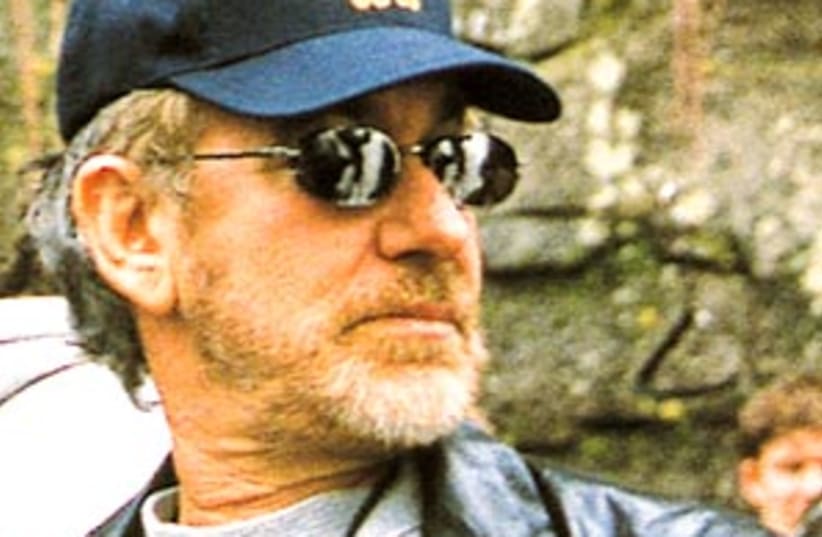| More about: | Steven Spielberg, Schindler's List, Tony Kushner, Dennis Ross |
Remaining mum on 'Munich'
Spielberg refuses to release early details on his controversial film, and miffs several overlooked sources.


| More about: | Steven Spielberg, Schindler's List, Tony Kushner, Dennis Ross |